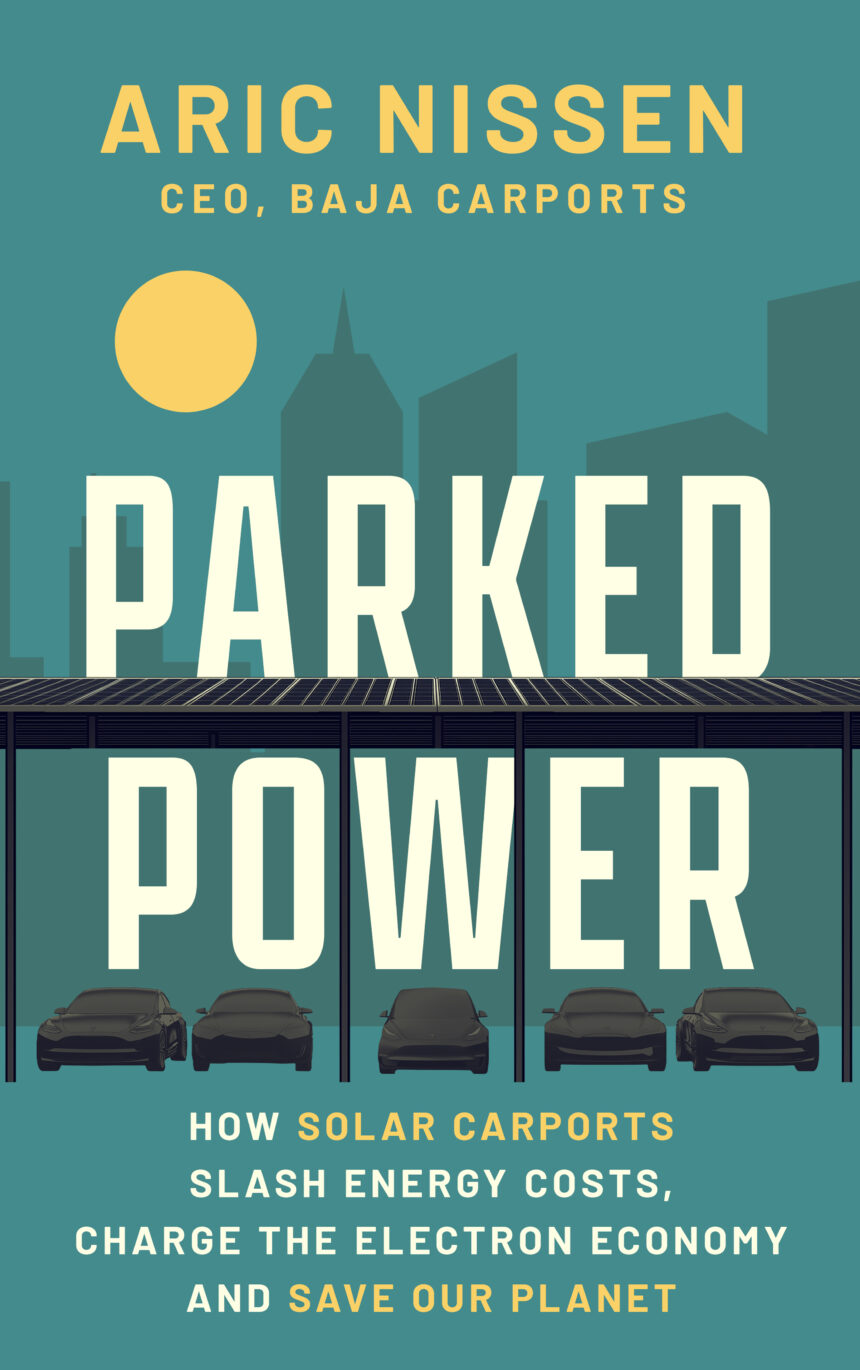As the world grapples with climate change and energy security, solar energy has emerged as a pivotal solution. However, recent legislative actions in the United States, notably the passage of the “Big, Beautiful Bill,” have introduced uncertainties into the global solar landscape. The One Big Beautiful Bill Act (H.R. 1, 119th Congress), its audacious but official name, has made significant strides in reshaping U.S. energy policy. One of its most impactful provisions is the repeal of the Section 25D Residential Energy Efficient Property Credit, which previously offered homeowners a 30% tax credit for installing solar photovoltaic (PV) systems and energy storage solutions. This credit, extended through 2034 by the Inflation Reduction Act (IRA) of 2022, had been instrumental in driving residential solar adoption across the nation.
Aric Nissen, CEO of Baja Carports, a company specializing in solar-ready carports and covered RV canopies, and author of the forthcoming book, Parked Power, expressed concern over the potential repercussions of this policy shift. He highlighted that the elimination of such incentives could lead to a slowdown in residential solar installations, affecting both the industry and consumers.
Nissen asserts, “The excise tax on solar was struck shortly before passage. However, the legislation remains devastating to solar. Our own government is sabotaging the American solar industry. Make no mistake about this: The Senate voted to raise your electricity bills, kill hundreds of thousands of jobs, cripple U.S. manufacturing, and hand our energy future to foreign competitors. This isn’t policy, it’s absolute stupidity and a direct attack on American jobs and competitiveness.”
The global implications of these U.S. policy changes are multifaceted. On one hand, the reduction in domestic demand for solar installations could lead to a surplus of solar panels and related technologies, potentially lowering global prices. On the other hand, the U.S. has been a significant player in the global solar market, and a downturn in its market could affect international investments and innovation in solar technologies. In regions like Europe and Asia, where solar energy adoption continues to grow, the U.S. policy shift may present an opportunity for these markets to accelerate their own solar initiatives. However, the interconnected nature of global supply chains means that any disruption in the U.S. market could have ripple effects worldwide.
As the solar industry navigates these challenges, the role of companies like Baja Carports becomes increasingly crucial. By continuing to innovate and provide quality solar infrastructure solutions, they contribute to the resilience and growth of the solar sector, both domestically and globally.
While the “Big, Beautiful Bill” marks a significant shift in U.S. energy policy, its global impact on solar energy remains to be fully seen. Stakeholders across the solar industry must remain adaptable and forward-thinking to ensure that the momentum toward a sustainable energy future continues unabated.
Global Solar Energy Outlook Amid U.S. Policy Shifts: Insights from Aric Nissen of Baja Carports
Aric Nissen’s much-anticipated book positions solar energy as the savior of not only the grids that power our electricity but also, our very planet. For interviews and pre-orders, contact beatriz@bajacarports.com.





